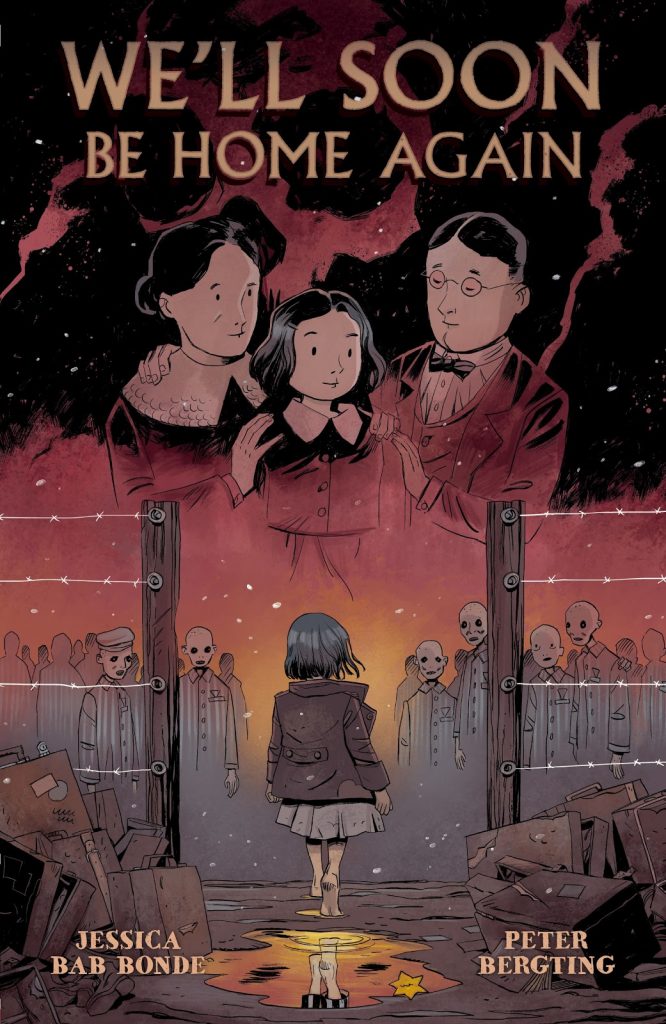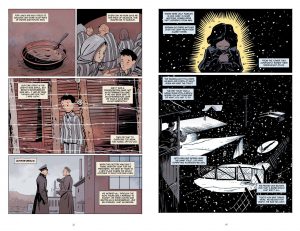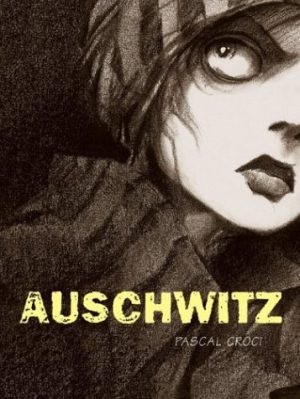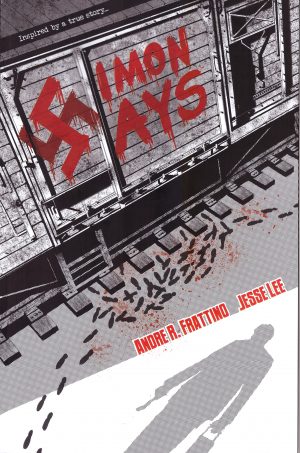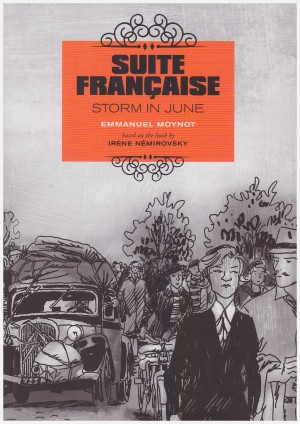Review by Karl Verhoven
Imagine armed soldiers bursting into your house and forcibly relocating you to a crowded ghetto. It’s a terrifying thought for an adult, so how many times will that terror be multiplied for children? Yet that’s the least of what the six people interviewed for We’ll Soon Be Home Again endured. They’re Jewish, designated as sub-human by the self-defined Nazi master race of the 1930s as they pursued an agenda of eradicating the Jewish people. The survivors whose testimonies are illustrated here originated from various European states, but emigrated to Sweden after World War II. However, what they’d seen, endured and lost in the few years before then is unimaginable in our age of relative comfort and stability and so needs to be reinforced. “One day as I was leaving work, I couldn’t find my Dad. Someone told me he had fainted and Mum had to drag him home on a wagon”, recalls Selma, “Two weeks later he died of starvation”. So did 5000 other Jews over a six month period confined a ghetto in Lodz.
Jessica Bab Bonde provides brief post-war biographies of each contributor, but otherwise sticks to quoted material about their experiences, breaking it down into smaller chunks for illustration by Peter Bergting. His name is known to English language readers for collaborations with Mike Mignola, and that can be seen in terms of light and shade, earth tone colours, and simple, but jagged expressive drawing and the viewpoints often from distance for effect. He’s a phenomenal artist with a considerable track record in Sweden, using different styles. His approach is to have the narrative tell the story without over-dramatising or being explicit, yet always creating the appropriate image to accompany the text. It ensures We’ll Soon Be Home Again is suitable for the maximum possible audience.
The atrocities of World War II Jewish persecution are well known, and there are connection points between the stories, most horrifyingly the journey to and arrival at work and death camps. However, these personal stories add minor indignities even those with a broad awareness won’t know about. The Polish Jews in Lodz had to pay for the barbed wire enclosing their ghetto; Hungarian Susanna’s teacher reinforced every lesson how she was looking forward to the Germans arriving and dealing with the Jews; an Auschwitz camp commander is recalled for his sadism while showering affection on his dog.
As the horrors of World War II fade ever further into history, a new and offensive narrative has emerged about Jewish oppression and murder, denial propagated by racists with an agenda and believed by the gullible who consider social media to be a reliable news source. People should be free to believe what they want, however misaligned that is, but crucially not to the point where those beliefs are used to persecute. We’ll Soon Be Home Again is suitable for a wide audience and the personal testimonies are important records in combatting unpalatable lies.
